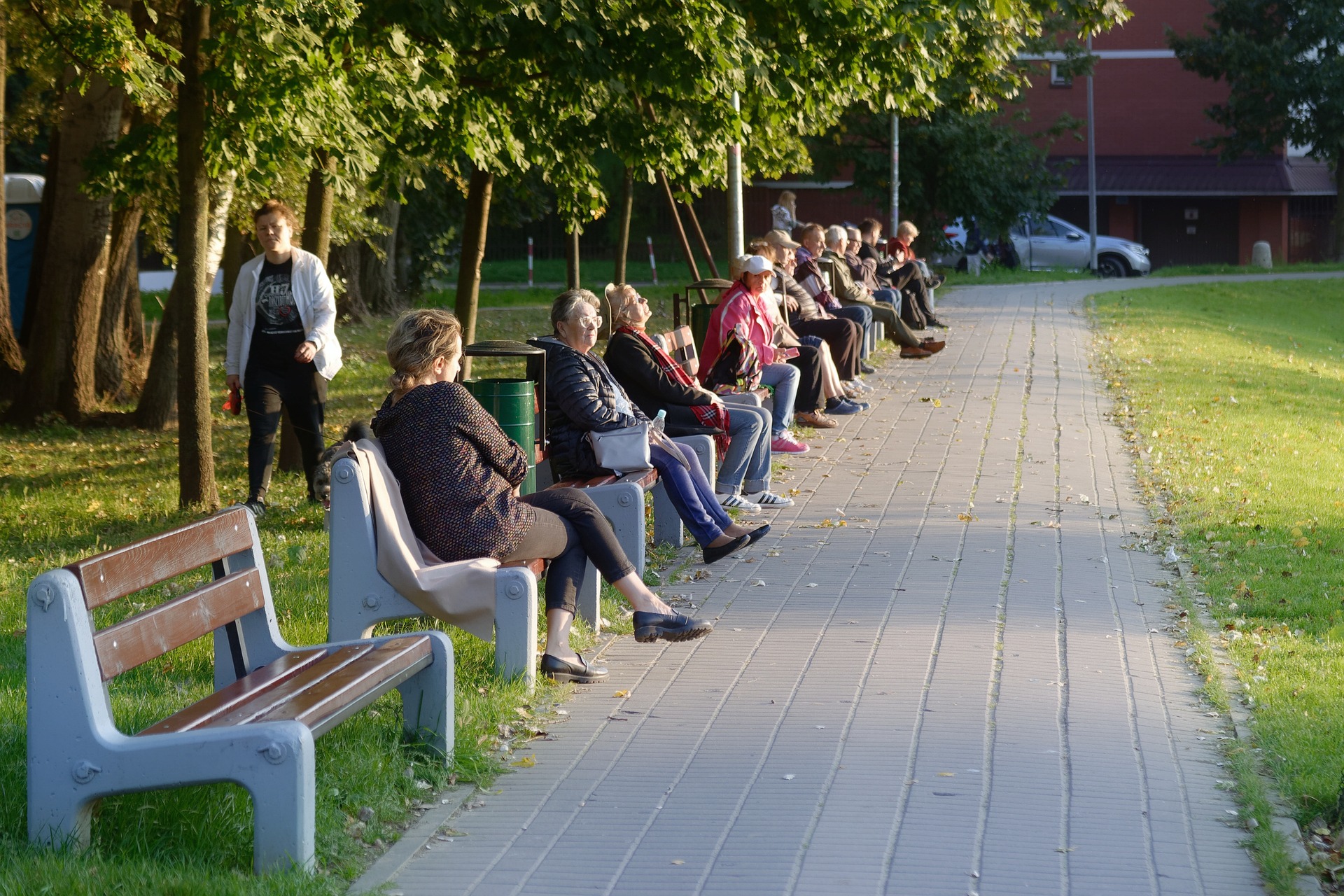The Surging Significance of Solitude in Today's Connected Society
Introduction: In our hyper-connected world, solitude, once considered a state to avoid, is being increasingly sought after. The rediscovery of this age-old practice is more than just a trend—it's a societal shift that's reshaping our collective understanding of wellbeing. Read below to explore this fascinating transition, its implications, and how it's transforming the modern social landscape.

The Historical Perspective on Solitude
Solitude, or the state of being alone, has had a complex relationship with society throughout history. In ancient and medieval times, solitude was often associated with asceticism and spirituality, with the solitary life of hermits and monks considered a path to enlightenment. However, by the time of the Enlightenment and the rise of individualism in the 18th and 19th centuries, solitude began to be seen as a means of self-discovery and personal growth.
The Modern Paradox: Isolation vs Solitude
In today’s globally connected society, we are paradoxically experiencing both hyper-connectivity and a sense of isolation. While digital technologies have made communication effortless, they have also created a sense of being constantly ‘on,’ leading to feelings of overwhelm and burnout. In this context, solitude is being reimagined not as isolation, but as a conscious choice for mental rest, personal reflection, and self-care.
The Societal Shift Towards Solitude
Current trends suggest that people are increasingly valuing and seeking solitude. This is evident in the rise of solo travel, the popularity of mindfulness and meditation apps, and the growing demand for silent retreats. Even in urban planning, there’s a growing emphasis on creating ‘quiet zones’ in cities. This societal shift towards solitude reflects a deeper understanding of its role in mental health, creativity, and personal growth.
The Impact of Solitude on Individual and Collective Wellbeing
Research has shown that periods of solitude can have numerous benefits, from enhancing self-awareness and empathy to boosting creativity and productivity. On a collective level, this shift towards solitude can contribute to a more balanced society, where individuals have the space to reflect, recharge, and contribute meaningfully.
The Future of Solitude in a Connected World
As we move forward, the role of solitude in society is likely to continue evolving. With the ongoing digital revolution and the challenges of the post-pandemic world, solitude may become even more crucial. By embracing solitude, we can create a more balanced, thoughtful, and resilient society.
In conclusion, the surging significance of solitude in today’s society represents an intriguing shift in our collective values and priorities. Far from being a sign of isolation, solitude is being recognized as a vital component of wellbeing and a counterbalance to the pressures of our hyper-connected world. As we navigate this evolving landscape, the ability to find comfort in solitude may become one of the most valuable skills for the future.




